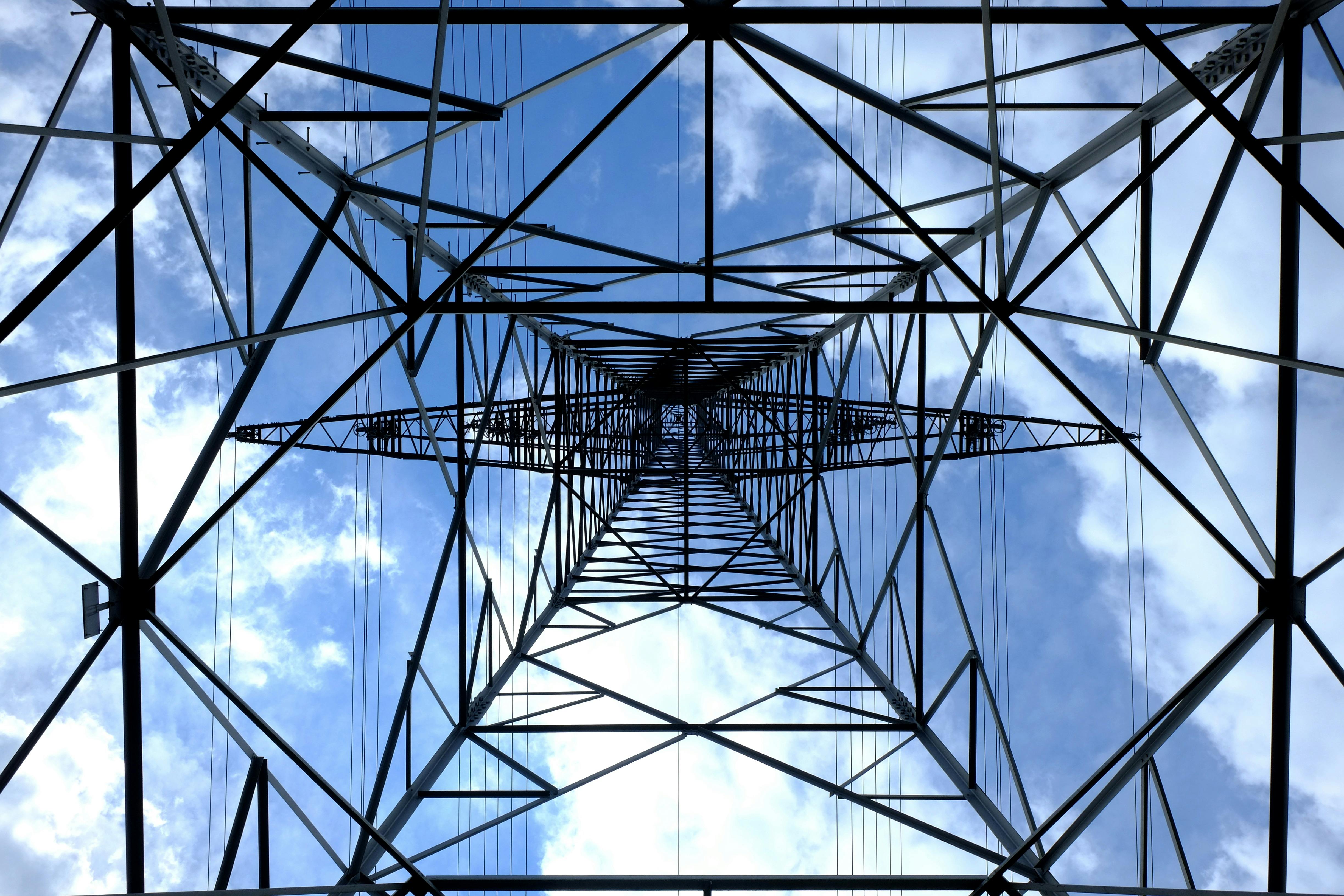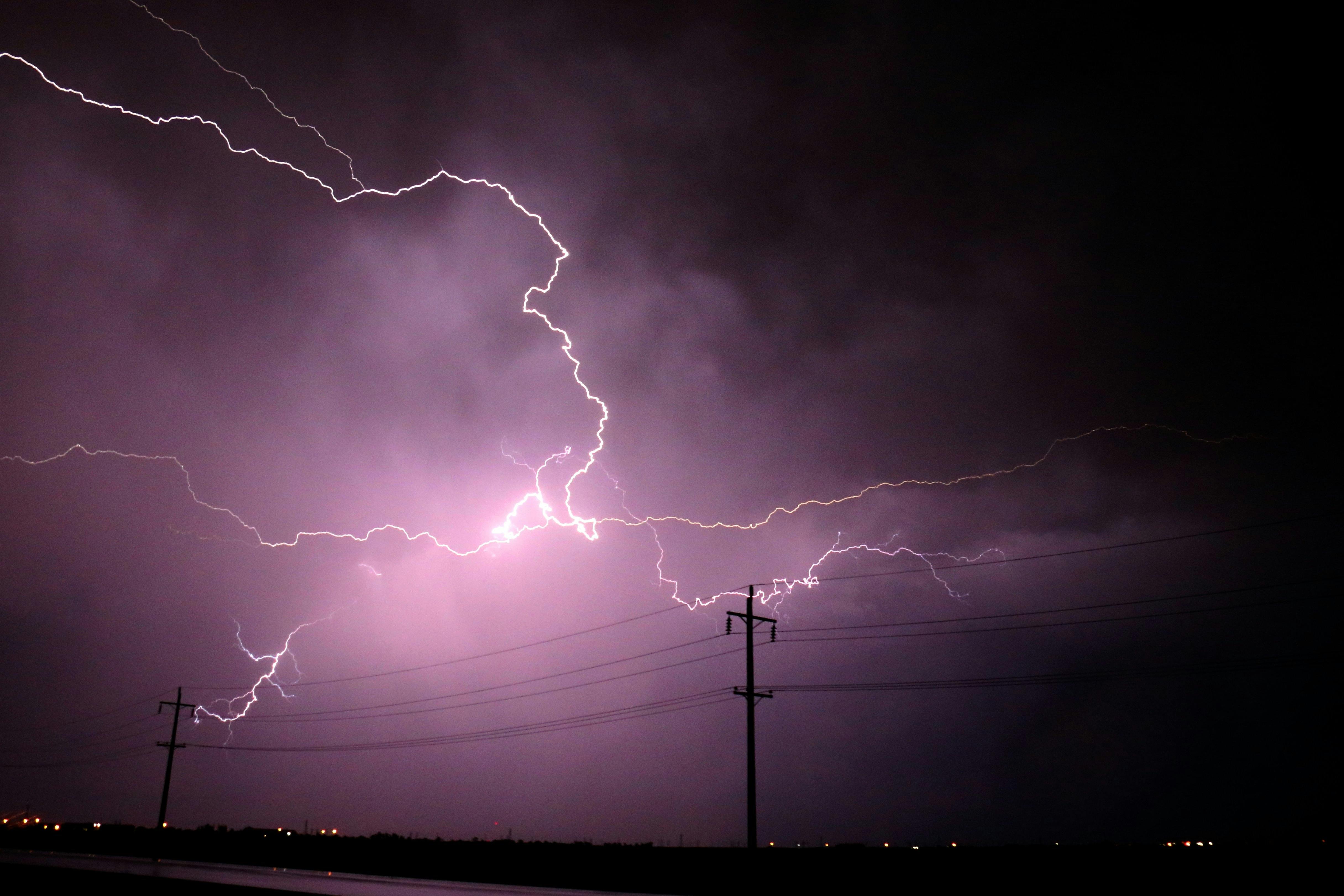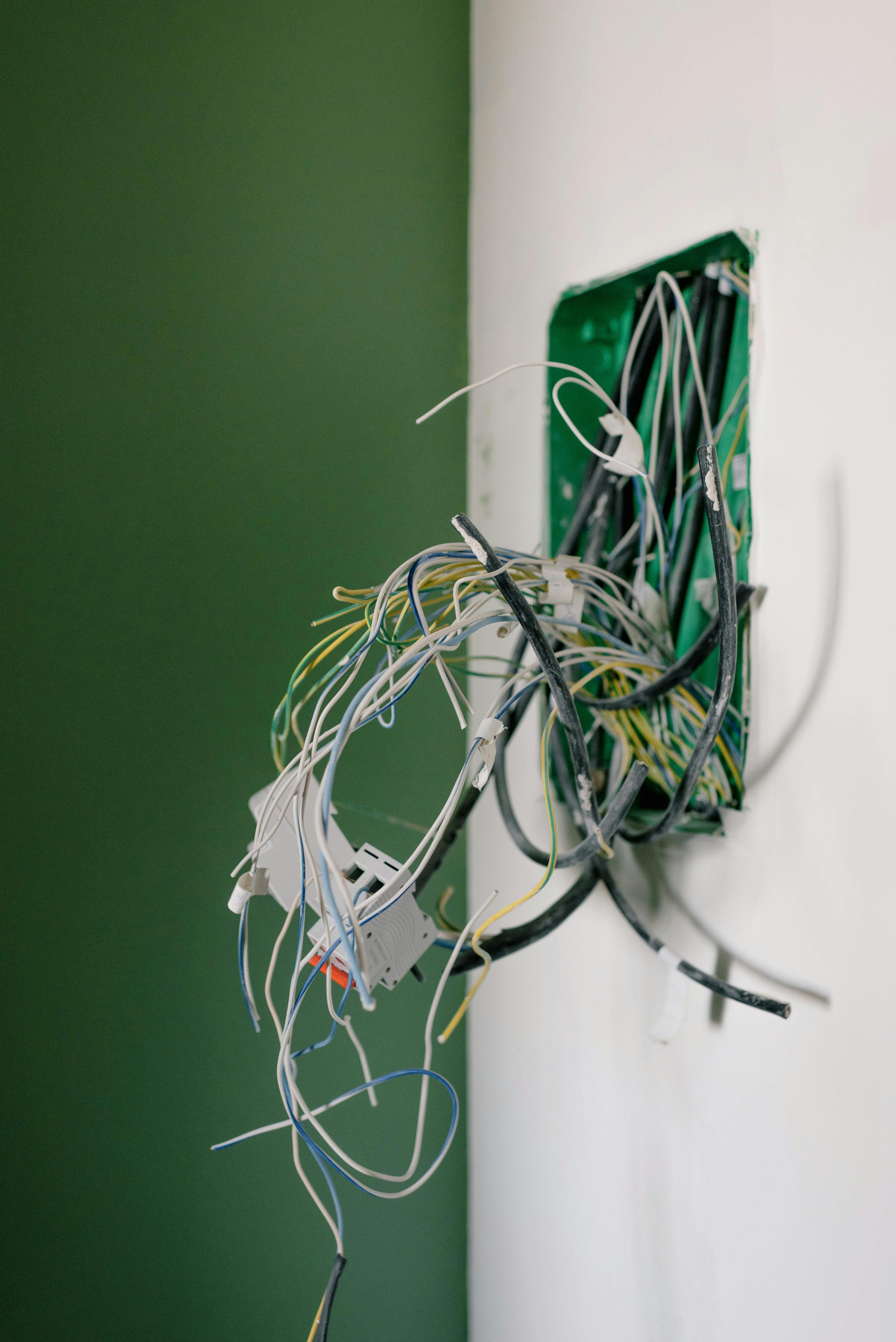In today’s rapidly evolving world, the need for modernizing energy infrastructure has become more crucial than ever. And in this pursuit of progress, the emergence of Google Cloud Platform (GCP) for Utilities has brought about a groundbreaking solution. With its advanced technology and innovative features, GCP for Utilities is revolutionizing the way energy infrastructure is managed and operated. Gone are the days of outdated systems and limited capabilities. Now, utilities can harness the power of GCP to optimize their operations, enhance efficiency, and ultimately deliver reliable and sustainable energy to their customers.

Benefits of Modernizing Energy Infrastructure with GCP
Modernizing energy infrastructure with Google Cloud Platform (GCP) offers numerous benefits for utilities. By embracing GCP, utilities can improve reliability and efficiency, increase scalability and flexibility, enhance data analytics capabilities, and enable real-time monitoring and control.
Improving reliability and efficiency
One of the significant benefits of modernizing energy infrastructure with GCP is the improvement in reliability and efficiency. GCP provides reliable and secure cloud storage options that ensure minimal data loss or downtime. This reliability translates into improved uptime and reduced maintenance costs for utilities. Additionally, GCP’s advanced data management tools enable utilities to streamline their operations and optimize energy distribution, leading to improved overall efficiency.
Increasing scalability and flexibility
Another advantage of using GCP for energy infrastructure modernization is the increased scalability and flexibility it offers. GCP provides scalable storage options that can easily handle large volumes of data generated by utilities. This scalability ensures utilities can efficiently manage the growing data demands without investing in expensive on-premises infrastructure. Additionally, GCP offers flexibility in terms of data integration and synchronization, allowing utilities to utilize data from various sources seamlessly.
Enhancing data analytics capabilities
With GCP, utilities can unlock the full potential of their data by leveraging advanced analytics capabilities. GCP’s data analytics tools, such as BigQuery and Dataflow, enable utilities to analyze large datasets quickly and gain valuable insights. These insights can help utilities in various ways, including predictive maintenance and asset optimization, demand forecasting, and load balancing, and energy theft detection and prevention. By embracing GCP’s data analytics capabilities, utilities can make informed decisions, improve operational efficiency, and deliver better customer service.
Enabling real-time monitoring and control
Real-time monitoring and control are essential for utilities to ensure the reliable and efficient delivery of energy. GCP provides robust solutions for real-time data ingestion, processing, and visualization, enabling utilities to monitor their infrastructure in real-time and respond proactively to any anomalies or faults. By embracing GCP’s real-time monitoring and control systems, utilities can optimize energy distribution, minimize downtime, and deliver a reliable supply of energy to their customers.
Key Challenges Faced by Utilities
Before exploring the specific solutions offered by GCP, it is important to understand the key challenges faced by utilities in modernizing their energy infrastructure. These challenges include legacy systems and outdated technology, complex data management and integration, cybersecurity risks, and regulatory compliance.
Legacy systems and outdated technology
Many utilities still rely on legacy systems and outdated technology for their energy infrastructure. These systems often lack the scalability, flexibility, and advanced capabilities required to meet the evolving demands of the energy sector. Upgrading these systems can be challenging and costly, making it difficult for utilities to keep pace with technological advancements and deliver reliable and efficient energy services.
Complex data management and integration
Utilities generate a vast amount of data from various sources, including smart meters, sensors, and other IoT devices. Managing and integrating this complex data can be a significant challenge for utilities. Legacy systems often lack the capabilities to efficiently handle and analyze this data, limiting utilities’ ability to gain valuable insights and optimize their operations.
Cybersecurity risks
As utilities modernize their energy infrastructure and adopt more digital technologies, the risk of cyber threats increases. Utilities are attractive targets for hackers due to the critical nature of their operations. Protecting sensitive customer data, infrastructure, and systems from cyber attacks is crucial. Utilities need robust cybersecurity solutions that can identify and mitigate potential threats effectively.
Regulatory compliance
The energy sector is heavily regulated, and utilities must comply with various industry-specific regulations and standards. Ensuring regulatory compliance can be a complex and time-consuming process for utilities. Compliance requirements may include data privacy, security measures, and other industry-specific standards. Utilities need solutions that can help them navigate these compliance challenges efficiently.

GCP Solutions for Utilities
To address these challenges, GCP offers a range of solutions tailored specifically for utilities. These solutions encompass cloud storage and data management, advanced analytics and machine learning, Internet of Things (IoT) integration, and real-time monitoring and control systems.
Cloud storage and data management
GCP offers utilities scalable and secure storage options for their vast amount of data. Utilities can utilize GCP’s cloud storage solutions to store and manage their data securely, ensuring minimal data loss and downtime. GCP also provides data integration and synchronization capabilities, enabling utilities to seamlessly integrate and analyze data from various sources. With robust data governance and access controls, utilities can ensure data privacy and comply with regulatory requirements.
Advanced analytics and machine learning
GCP’s advanced analytics and machine learning tools empower utilities to extract valuable insights from their data. With tools like BigQuery and Dataflow, utilities can analyze large datasets quickly and gain insights into areas such as predictive maintenance and asset optimization, demand forecasting, and energy theft detection and prevention. These insights enable utilities to make data-driven decisions, improve operational efficiency, and enhance customer experience.
Internet of Things (IoT) integration
The integration of IoT devices and sensors is crucial for utilities to monitor their infrastructure effectively. GCP offers utilities the ability to connect sensors and devices seamlessly, enabling real-time data ingestion and processing. Utilities can remotely monitor and diagnose their infrastructure, identify and address faults proactively, and optimize energy distribution. GCP’s IoT integration capabilities provide utilities with the flexibility and scalability required for modern energy infrastructure.
Real-time monitoring and control systems
Real-time monitoring and control are essential for utilities to ensure the reliable and efficient delivery of energy. GCP provides utilities with robust solutions for sensor data visualization and alerts. Utilities can monitor their infrastructure in real-time, detect potential faults or anomalies, and respond automatically or manually as needed. GCP’s real-time monitoring and control systems optimize energy distribution, minimize downtime, and enhance the overall reliability of the energy infrastructure.
Cloud Storage and Data Management
GCP’s cloud storage and data management solutions offer utilities scalable and secure options to store and manage their data effectively.
Scalable and secure storage options
Utilities generate large volumes of data from various sources, and GCP’s scalable storage options can handle this data with ease. Utilizing GCP’s scalable storage solutions, utilities can avoid investing in expensive on-premises infrastructure and ensure their data is stored securely. GCP’s storage solutions offer high durability, availability, and redundancy, minimizing the risk of data loss or downtime.
Data integration and synchronization
Managing and integrating complex data from different sources is a challenge faced by utilities. GCP’s data integration and synchronization capabilities enable utilities to seamlessly integrate and analyze data from various sources. Utilities can efficiently synchronize data from on-premises systems, smart meters, IoT devices, and other sources, allowing them to gain a comprehensive view of their operations and make data-driven decisions.
Data governance and access controls
Ensuring data governance and access controls are critical for utilities to maintain data privacy and comply with regulatory requirements. GCP provides utilities with robust data governance and access control mechanisms. Utilities can define granular access controls, restrict data access to authorized personnel, and track data access and modifications. GCP’s data governance features allow utilities to maintain the confidentiality, integrity, and availability of their data.

Advanced Analytics and Machine Learning
GCP’s advanced analytics and machine learning capabilities enable utilities to extract valuable insights from their data and make data-driven decisions.
Predictive maintenance and asset optimization
Predictive maintenance is crucial for utilities to ensure the efficient operation of their infrastructure and prevent costly equipment failures. GCP’s advanced analytics tools, combined with machine learning, can analyze historical and real-time data to predict equipment failures or maintenance requirements. By identifying potential issues in advance, utilities can schedule maintenance more effectively, reduce downtime, and optimize the lifespan of their assets.
Demand forecasting and load balancing
Accurate demand forecasting and load balancing are essential for utilities to optimize their operations and meet customer demands efficiently. GCP’s advanced analytics capabilities enable utilities to analyze historical data and factors such as weather patterns, customer behavior, and economic indicators to forecast energy demand accurately. Utilities can use this forecasting data to optimize energy generation and distribution, ensuring reliable and cost-effective energy delivery.
Energy theft detection and prevention
Energy theft is a significant concern for utilities, leading to revenue losses and potential safety hazards. GCP’s advanced analytics and machine learning tools can help utilities detect and prevent energy theft effectively. By analyzing consumption patterns, abnormal usage, and other relevant data, utilities can identify suspicious activities and take proactive measures to mitigate theft. This not only ensures fair billing but also helps utilities reduce losses and enhance overall operational efficiency.
Internet of Things (IoT) Integration
GCP’s IoT integration capabilities enable utilities to connect sensors and devices seamlessly, facilitating real-time data ingestion and processing.
Connecting sensors and devices
Utilities rely on sensors and devices to monitor their infrastructure effectively. GCP’s IoT integration solutions enable utilities to connect sensors, smart meters, and other devices seamlessly. By connecting these devices, utilities can collect real-time data on energy consumption, performance, and other metrics. This connectivity enables utilities to monitor their infrastructure proactively, identify potential issues, and optimize energy distribution.
Real-time data ingestion and processing
Real-time data ingestion and processing are critical for utilities to monitor their infrastructure effectively. GCP’s IoT integration capabilities allow utilities to ingest and process real-time data from sensors and devices. This real-time data enables utilities to monitor energy consumption, detect anomalies or faults, and respond promptly. By processing real-time data, utilities can optimize their operations, minimize downtime, and ensure the reliable delivery of energy to their customers.
Remote monitoring and diagnostics
GCP’s IoT integration solutions empower utilities to remotely monitor and diagnose their infrastructure. With real-time data from sensors and devices, utilities can monitor equipment performance, identify potential faults, and diagnose issues remotely. This remote monitoring and diagnostics capability enables utilities to address issues proactively and avoid costly equipment failures. By leveraging GCP’s IoT integration, utilities can enhance their operational efficiency and deliver reliable energy services.

Real-time Monitoring and Control Systems
GCP offers utilities robust solutions for real-time monitoring and control, empowering them to optimize energy distribution and enhance overall reliability.
Sensor data visualization and alerts
Real-time monitoring depends on accurate data visualization and timely alerts. GCP’s real-time monitoring and control systems provide utilities with intuitive dashboards and visualizations to monitor sensor data accurately. Utilities can customize these dashboards to display critical data, such as energy consumption, performance metrics, and fault alerts. This real-time visualization enables utilities to identify anomalies, track performance, and respond promptly to ensure uninterrupted energy delivery.
Automated fault detection and response
Automated fault detection and response are crucial for minimizing downtime and ensuring reliable energy delivery. GCP’s real-time monitoring and control systems enable utilities to detect faults or anomalies automatically. By setting up predefined thresholds and rules, utilities can configure automated responses to faults or anomalies. These automated responses can include notifications, alerts, or even automated actions to address the issues. This automated fault detection and response capability helps utilities minimize downtime and optimize their operations.
Optimization of energy distribution
Real-time monitoring and control systems play a vital role in optimizing energy distribution. GCP’s solutions enable utilities to monitor energy usage patterns, identify areas of high or low demand, and optimize energy distribution accordingly. By analyzing real-time data, utilities can adjust energy generation or distribution in real-time, ensuring efficient use of resources and minimizing wastage. This optimization of energy distribution leads to cost savings, reduced environmental impact, and improved overall reliability of energy services.
Security and Compliance Considerations
When modernizing energy infrastructure, utilities must consider security and compliance requirements to protect sensitive data and comply with industry regulations.
Data encryption and privacy
Data encryption and privacy are paramount for utilities to protect sensitive customer data and ensure data confidentiality. GCP offers robust encryption mechanisms that enable utilities to encrypt data at rest and in transit. This encryption ensures data is secure from unauthorized access or breaches. Additionally, GCP provides utilities with options to manage and control data privacy, ensuring compliance with data protection regulations.
Access controls and user authentication
To prevent unauthorized access to critical infrastructure and data, strong access controls and user authentication mechanisms are essential. GCP allows utilities to define granular access controls, restricting data access to authorized personnel. Utilities can also implement multi-factor authentication and strong password policies to enhance security. GCP’s access controls and user authentication mechanisms provide utilities with the necessary tools to protect their infrastructure and ensure only authorized individuals can access sensitive data.
Compliance with industry regulations
The energy sector is subject to various industry-specific regulations and standards. Utilities must comply with these regulations to ensure the privacy and security of customer data, protect the integrity of the energy infrastructure, and maintain public safety. GCP provides utilities with the necessary tools and capabilities to comply with industry regulations. Utilities can leverage GCP’s features and controls to demonstrate compliance and ensure they meet the necessary requirements.

Case Studies: Utilities Leveraging GCP
Several utilities have already embraced GCP and leveraged its capabilities to transform their operations and deliver better services.
Smart grid implementation and optimization
One case study involves a utility that implemented a smart grid solution using GCP. By integrating IoT devices, sensors, and GCP’s real-time monitoring and control systems, the utility achieved real-time visibility into its grid infrastructure. This enabled proactive fault detection and response, optimized energy distribution, and improved overall grid reliability.
Intelligent energy management systems
Another case study showcases a utility that leveraged GCP’s advanced analytics capabilities to develop an intelligent energy management system. By analyzing historical and real-time data, the utility could accurately forecast energy demand, optimize power generation and distribution, and efficiently manage energy resources. This resulted in cost savings, reduced maintenance, and improved customer satisfaction.
Efficient customer service and billing
A utility implemented GCP’s data management and advanced analytics solutions to streamline its customer service and billing processes. By integrating data from various sources, including smart meters, customer information systems, and billing systems, the utility gained a comprehensive view of its customers. This enabled personalized customer experiences, accurate billing, and more efficient customer service.
These case studies demonstrate the transformative potential of GCP for utilities, empowering them to modernize their energy infrastructure and deliver reliable and efficient energy services to their customers.
Conclusion
Modernizing energy infrastructure with GCP offers utilities numerous benefits, including improved reliability and efficiency, increased scalability and flexibility, enhanced data analytics capabilities, and real-time monitoring and control. By embracing GCP’s solutions for cloud storage and data management, advanced analytics and machine learning, IoT integration, and real-time monitoring, utilities can transform their operations and empower themselves for the future. With GCP as a catalyst, utilities can optimize their energy distribution, improve customer service, and drive sustainable growth in the energy sector.